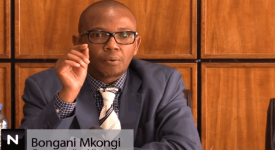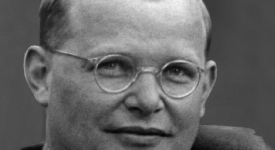We will be treating you to a series of conversations under the banner of violence. For purposes of clarification, these are to serve as responses to acts, actions and behaviors of Africans which have begun to receive different reactions online and in public sphere. In some quarters, these behaviors have been questions, and at times, condemned outright.
However, serious attention ought to be given to the subject of violence. The subject of violence can often be valorized through rhetoric. Tragically, beneficiaries from subtle social transactions which often lead to overt violent acts continue to elucidate explicitly subjective rationale for their mannerisms. Although post-September 11 world has influenced more people around the world both negatively and positively, and given more states and governments food-for-thought about the subject of security, few African countries have paid requisite attention or recognized the critical connections between peace, peaceful electioneering campaigns, socio-educational development, and scientific and technological breakthroughs with violence, or its absence in their national life. Of course, the absence of violence would indicate the absence of conflicts, which is impossible, as long as humans are— and continue to be— made up of neurotransmitters such as acetylcholine, noradrenaline, epinephrine, norepinephrine and serotonin. And as meaning-making machines, people’s mood will continue to be triggered by adrenaline and cortisol.
Categorically, the taxonomy of violence here will not exclude those in the resistive category; they are violence which is triggered as reaction to prior action. Hence, our categories of violence will range from social, political, religious and family violence. Besides these, we will be touching on rhetorical and ideological violence.
By now the question on your mind is: do you mean that I play any role in violence? Technically-speaking, yes; you are part of a community, as we all are, and each of us embody the social and cultural “rituals” of community. But more important, we invite you to take a look at and examine ways in which you may have (unknowing) encouraged the proliferation of violence. Then, you will promise— yourself— to stop, and fight it; not by reproducing it, but by unhobbling yourself.
Before we proceed into the categories of violence, what does violence mean to you–daily? Do you believe that you can do something, or anything about the violence you see in your environment, community or country?








